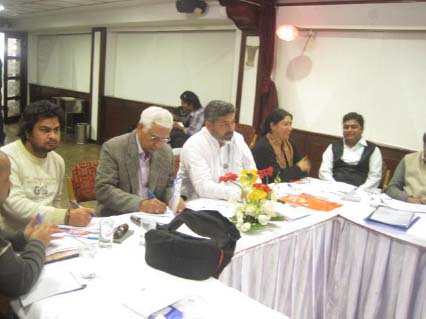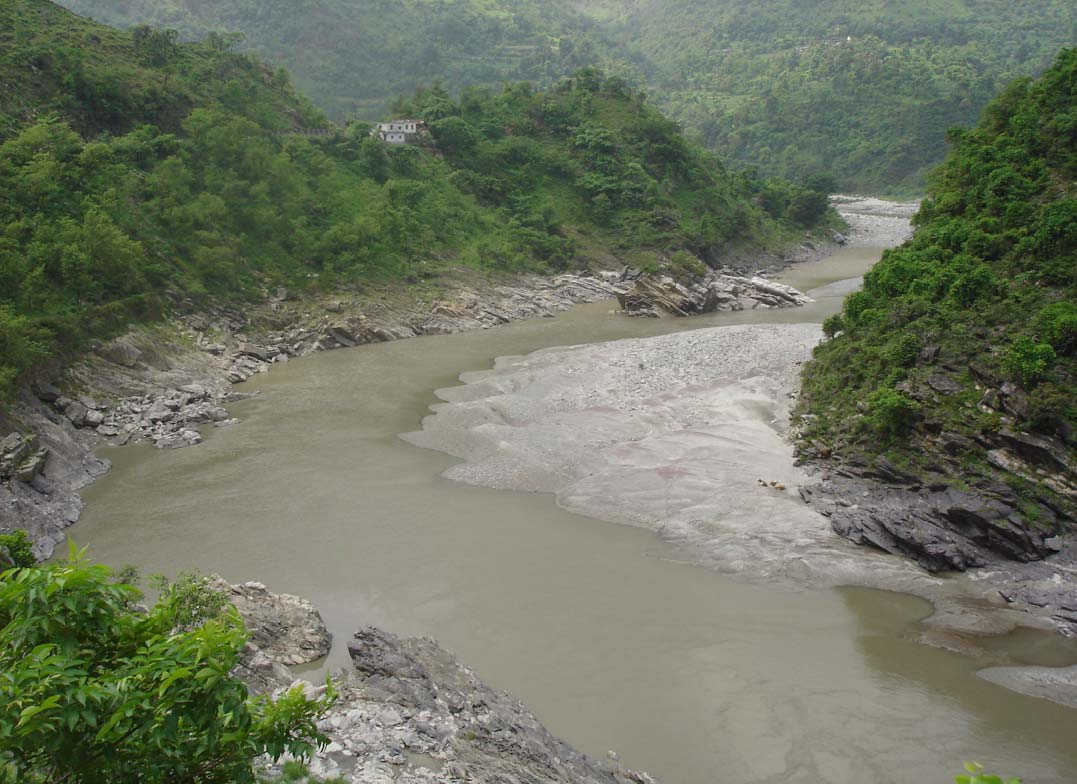/sub-categories/policies-laws-and-regulations
Policies, Laws and Regulations
The Chhattisgarh ground water (regulation and control of development and management) bill, 2012
Posted on 03 Jul, 2012 10:48 AMThis document by Government of Chattisgarh spells out the characteristic features of the Chhattisgarh’s ground water bill. This bill is meant to regulate and development of groundwater and matters connected with it. The bill was enacted by the state legislature in 2012.
Draft National Water Policy (2012) fails to take into account the multiple, complex problems and issues relating to water in India says M S Vani
Posted on 18 Mar, 2012 05:49 PMGuest post by: M S Vani
Perusing the draft, one comes across all the ‘right’ concepts, words liberally sprinkled throughout the document, describing the resource:-
- Natural resource
- Hydrological cycle
- Ecological needs of rivers
- Climate change
- Sources pollution
and our intended response to it :-
In India, water problems are 'man made': Comments on the draft water policy-2012
Posted on 29 Feb, 2012 11:02 AMAuthor : Nagesh Hegde
Draft National Water Policy 2012 - Dialogue organised by NEER Foundation, Meerut on February 18, 2012
Posted on 27 Feb, 2012 10:07 AMGuest post by: Raman Kant Tyagi

"In search of old ideas" - A discussion of the draft national water policy 2012, by Jayanta Bandopadhyay in The Telegraph
Posted on 22 Feb, 2012 05:05 PMAuthor: Jayanta Bandopadhyay
Article and image courtesy: The Telegraph
New water policy more contentious; least helpful in tackling existing issues
Posted on 22 Feb, 2012 12:34 PMAuthor : Dr. Arvind Kumar
Draft of the National Water Policy 2012 released by the Ministry of Water Resources (MoWR) on 31st January 2012 invites comments from the general public till 29th Feb 2012
Posted on 01 Feb, 2012 02:01 PMA section of the water sector practitioners and experts, have been engaged in the process, and a summary of the discussions so far, is available here.
Performance audit of water pollution in India – A report by the Comptroller and Auditor General of India
Posted on 03 Jan, 2012 11:44 AM The issue was examined by CAG because various stakeholders working in the field of environment flagged water pollution as the most important environmental issue that concerns us.
The issue was examined by CAG because various stakeholders working in the field of environment flagged water pollution as the most important environmental issue that concerns us.
The audit was conducted through document analysis, collection of responses to questionnaires, physical collection and testing of samples. The results of audit, both at the Central level and the State level, were taken into account for arriving at audit conclusions.
Alternative National Water Policy by Ramaswamy R Iyer - Comments by Rahul Banerjee
Posted on 28 Dec, 2011 02:24 PMGuest Post: Rahul Banerjee
Ramaswamy Iyer has made a commendable effort to draft a National Water Policy that tries to reform the current unsustainable approach to water resource management in this country (EPW Vol XLVI Nos 26&27 Supplement pp 201). Assuming that this draft is an invitation to a larger public debate on the issues involved I would like to make a few comments on it.
Assam’s strategy and action plan on climate change - Recommendations - First draft - ASTEC (2011)
Posted on 07 Nov, 2011 11:20 AMThis report by the Assam Science Technology & Environment Council (ASTEC) contains the compiled recommendation of three consultative workshops organized in Assam University, Gauhati University and